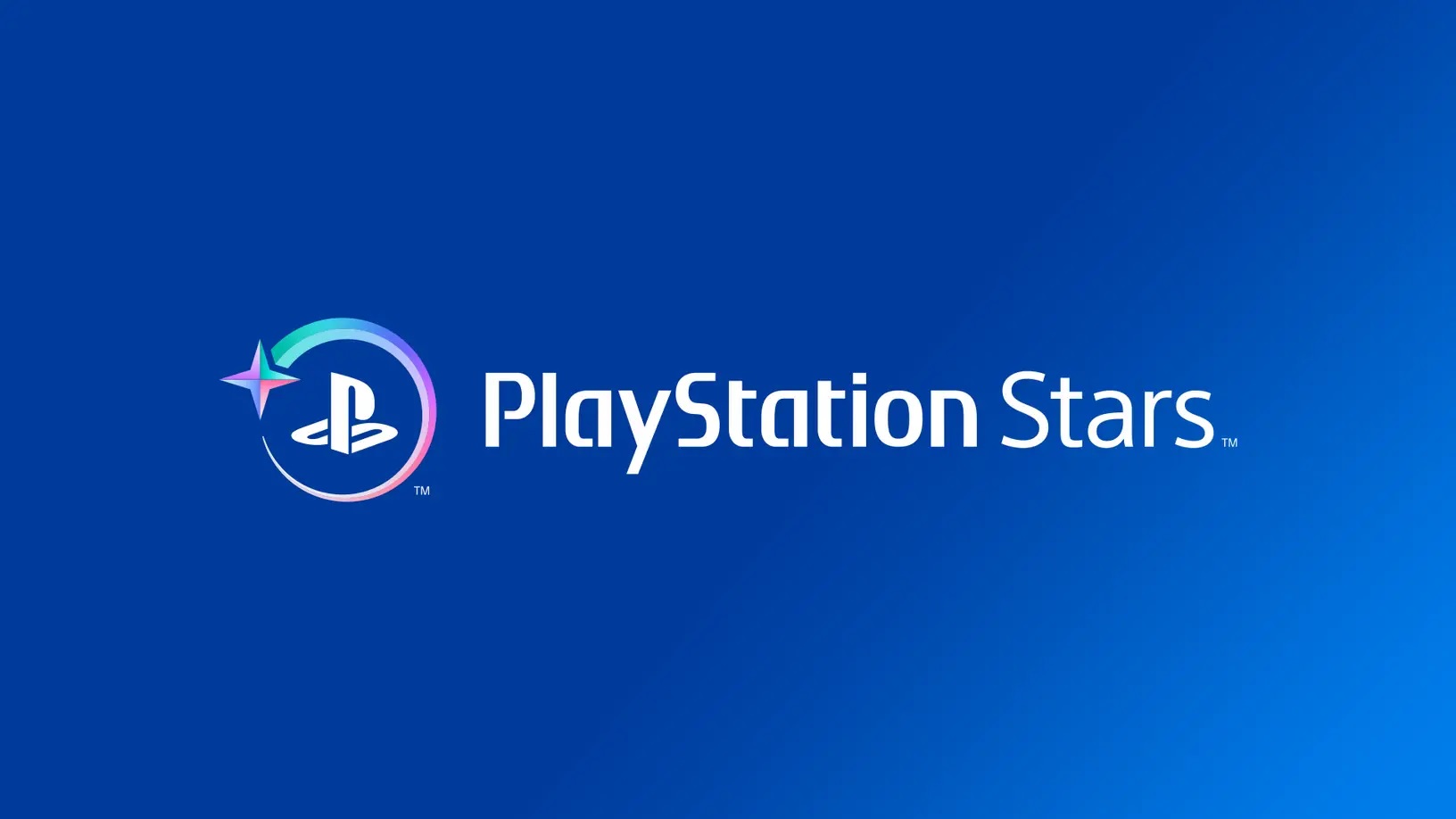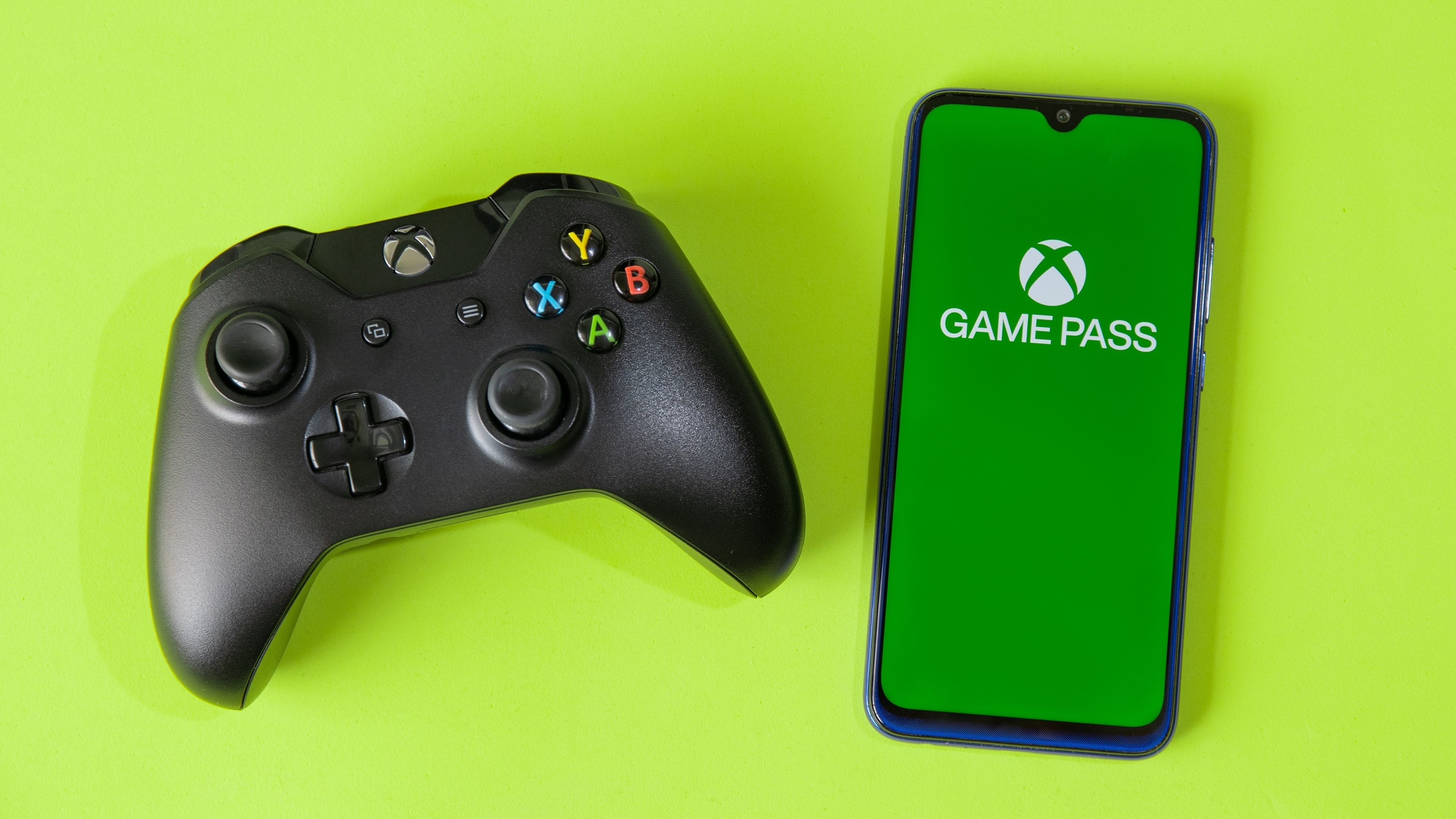Microsoft Rewards and PlayStation Stars could wind up playing you — here's why
Gaming loyalty rewards programs offer free credits, but they still come at a cost

Last week, Sony announced PlayStation Stars: its answer to Microsoft Rewards. Like Microsoft’s loyalty program, PlayStation Stars will reward gamers with credits, add-ons and digital doodads as they complete both in-game and out-of-game objectives. Overall, it’s a fine idea, giving members a little extra incentive as they play their favorite games.
Of course, like all tech initiatives, PlayStation Stars could have a dark side. And, depending on whom you ask, Microsoft Rewards already does.
While gaming loyalty rewards programs aren’t inherently cynical, they aren’t purely altruistic, either. Earning rewards for stuff you do anyway is a fine idea; earning rewards as kind of a second job, which eventually usurps the fun that gaming is supposed to provide, has the potential to make a leisure activity into yet another form of speciously compensated gig labor.
You are the product

When I started at Tom’s Guide, an older, wiser editor shared an adage with me that I’ll never forget:
“If the product is free, you are the product.”
In other words, big companies don’t give away free goods or services without an ulterior motive. A free game might make you more inclined to pick up other games in the series; a free streaming service might bombard you with ads; a free antivirus program might record valuable metadata about consumer behavior.
As such, it’s fair to wonder what a free gaming loyalty rewards program is for. The simplest interpretation is that a little credit can go a long way. If you buy an Xbox game, play through it, and earn $5 in credit, you have no choice except to spend that credit on more Xbox goods (or, at least, more Microsoft goods). Since $5 won’t buy much by itself, perhaps you’ll use it toward a larger purchase. That’s almost pure profit for Microsoft, since the whole transaction takes place in a closed ecosystem.
Even if you don’t cash in your credit for a full-price game, it’s easy to see how the same logic still applies. If you earn a month of Xbox Game Pass, you may want to extend your subscription. If you pick up an add-on for a game, you may be inclined to buy another add-on, or a similar game that Microsoft recommends. Even if you just donate your points to a charity, why stop at $5 when you could give $10, or $15, or $20 to a good cause?
The easy counterargument here is that if you’re going to play Xbox/PlayStation games anyway, where’s the harm in earning some store credits while you do so? You don’t have to do anything with the credits, after all — and if you were going to buy a new game anyway, so much the better. The question is whether gamers treat loyalty programs like occasional bonuses, or like second jobs.
The high cost of free stuff

Since PlayStation Stars isn’t available yet, let’s take a look at how Microsoft Rewards works. Searching on Bing earns you credits; using Microsoft Edge earns you credits; completing Microsoft-sponsored surveys earns you credits; playing games and unlocking achievements on Xbox earns you credits. The common theme here isn’t hard to spot.
Some of the rewards on offer are pretty good, to be fair. If you want a free month of Xbox Game Pass Ultimate, you can cash in 12,000 points. Alternatively, if you become a Level 2 Microsoft Rewards user, you can get a month of Game Pass Ultimate for just 2,000 points. To become a Level 2 member, all you need to do is earn 500 points per month. Naturally, buying Microsoft products is also an easy way to earn points.
In other words, to earn the best rewards at rates that you can actually afford month-to-month, you can’t just passively earn points. You need to restructure your online life around Microsoft Rewards. From an Xbox perspective, this means you can’t just play your favorite games and watch the points rack up. You have to play different games; you have to try Xbox Game Pass titles; you have to unlock certain achievements. You even have to log in a certain number of times per week. At a certain point, earning points can become an obligation rather than a bonus, especially since your Level 2 status will disappear if you don’t acquire enough in a given month.
While I’ve seen people boast about how they don’t have to spend a penny for an Xbox Game Pass membership or an Xbox Live Gold membership, I sometimes wonder just how much time they have to invest instead. In theory, we play games because they’re diverting, or absorbing, or just fun. The feelings of relaxation and satisfaction we feel from gaming are intrinsic rewards. Once gaming becomes a venue to pursue extrinsic rewards — credits, discounts, subscriptions and so forth — it’s no longer a hobby. It’s just another part of the daily grind, and not an especially lucrative one, at that.
The purpose of this article isn’t to impugn Microsoft Rewards, or suggest that PlayStation Stars will be better or worse. It’s simply to remind gamers of all stripes that reward programs are still primarily for the benefit of the company offering them. If you’ve found a way to incorporate them into your routine and save some money, then power to you. Keep doing what you’re doing, and enjoy yourself.
On the other hand, if you find yourself maximizing your reward points in hopes of gaming the system, consider who’s really having fun here. It’s one thing to let a big, faceless corporation make the games you play and the system you play them on; it’s another thing to let it direct how you spend your leisure time.
Next: We review Stray — the viral feline adventure game everyone is playing!
Sign up to get the BEST of Tom's Guide direct to your inbox.
Get instant access to breaking news, the hottest reviews, great deals and helpful tips.
Marshall Honorof is a senior editor for Tom's Guide, overseeing the site's coverage of gaming hardware and software. He comes from a science writing background, having studied paleomammalogy, biological anthropology, and the history of science and technology. After hours, you can find him practicing taekwondo or doing deep dives on classic sci-fi.

